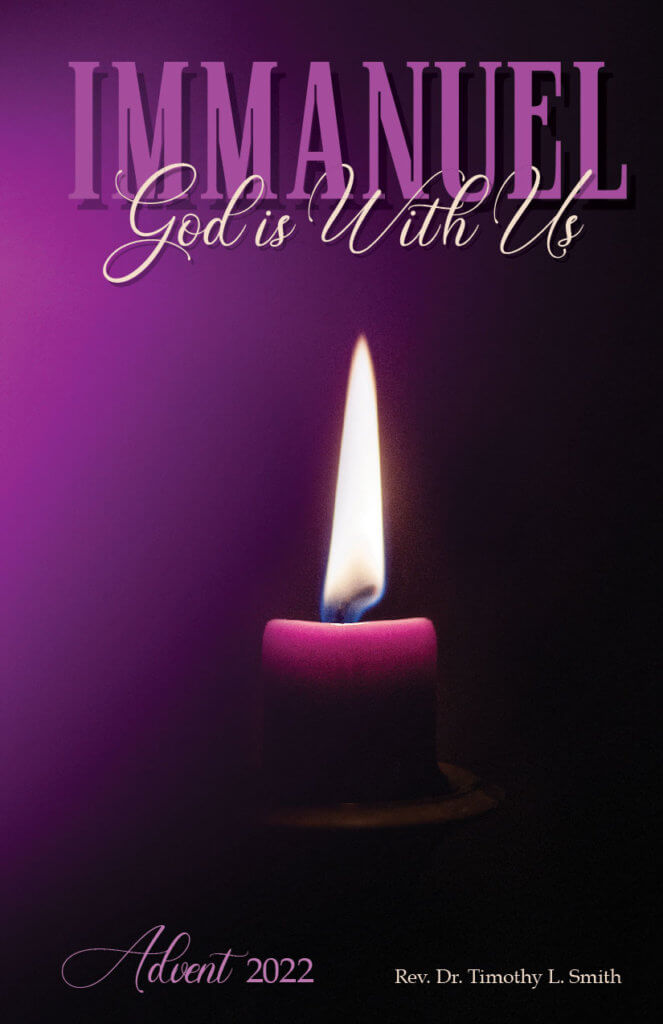PREPARATION: lighting the candle and readying myself to listen.
REFLECTION:
Luke 2:6-14 from The Syriac Peshitta Version
Yoseph had come up from Nazareth, a city of Galilee, to Judea to the city of David called Bethlehem, because he was from the house and from the lineage of David, with Maryam his bride when she was pregnant, that he might be registered there. And it was, that while they were there, the days were completed for her to give birth. And she brought forth her firstborn Son and she wrapped him in swaddling bands, and she laid him in a manger because there was no place for them where they might lodge. But there were some shepherds in the region there and they kept the nightly watch over their flocks. And behold, the Angel of God came to them and the glory of the Lord Jehovah shone upon them and they were greatly afraid. And the Angel said to them, “Do not be afraid, for behold, I proclaim to you great joy which will be to the entire universe, for today, the Savior has been born to you, who is The Lord Jehovah, The Messiah, in the city of David. And this shall be a sign for you: you will find the Baby wrapped in swaddling bands and lying in a manger.” And suddenly, the great armies of Heaven appeared with the Angel, while shouting praises to God, and they were saying: “Glory to God in Heaven, and upon earth, Good News to the children of men.”
I hope you are blessed reading the familiar Christmas story from the first version into which the New Testament was translated. Today’s Christmas text is from the Aramaic language version, Peshitta (“Common” or “Simple”), dating from the first century. Christians were eager to tell others the good news of Immanuel! This Christmas text is written in the language of our Lord Jesus and His apostles, the same language of Aramaic speaking Christians today who face persecution in Syria and Iraq.
I wonder if anything stuck out to you in reading the early Peshitta translation. I notice that Joseph is called Yoseph and Mary is Maryam. I like how the angel calls Baby Jesus, “The Lord Jehovah”, identifying Him as the Lord God Jehovah of the Old Testament, or as we know Him, “Yahweh”. There is so much here in reading the familiar story as first told to other Aramaic speaking people.
But in the Aramaic version I am especially struck by the angel giving this “sign” to the shepherds: “you will find the Baby wrapped in swaddling bands and lying in a manger.” In calling this a “sign” there is something here we do not want to miss. What the Peshitta calls “wrapped in swaddling bands”, the New International Version calls “wrapped in strips of cloth”; and the New Revised Standard Version calls “wrapped in bands of cloth.” The fact that Luke’s Gospel twice mentions (Luke 2:7, 12) these “bands” or “strips” of cloth, means there is something important for us to see in this sign. Luke’s next mention of Jesus having been wrapped in “cloths” will be at Jesus’ tomb (Luke 24:12; c.f. John 19:40; 20:5, 6, 7).
Bible scholar J. Dwight Pentecost shines first century light on the strips of cloth and the sign’s meaning: “No royal garments clothed His body, rather, He was wrapped in strips of cloth. This baby had the appearance of being prepared for burial. How fitting that He should be so seen from the time of His birth, since He truly had been appointed to death!” (J. Dwight Pentecost, The Words and Works of Jesus Christ)
Add to this, comments by Jewish scholar Arnold Fruchtenbaum seeking to understand this sign within its Jewish context: “On the first day of his life he was wrapped with the same kind of cloth that they will wrap him in again on the last day of his life, with burial cloth. And that shows the purpose of his birth. All of us here were born to live. This one here was born to die, and it is signified by being wrapped in burial cloth.” (Arnold Fruchtenbaum, The Life of the Messiah in His Jewish Context) In the manger and the cross we see Immanuel as God who delights to give Himself for others. He will stop at nothing to raise us up to eternal life and glory. All of this is expressed in that sign given to lowly shepherds: “you will find the Baby wrapped in swaddling bands and lying in a manger.”
Whether we tell it in Aramaic, Greek, Hebrew, or English, let’s tell the Good News: “for today, the Savior has been born to you, who is The Lord Jehovah, The Messiah.” Only as Immanuel could the Son of God be born to die, so that we might forever be with Him!
CONVERSATION: I talk with God about the thoughts and feelings stirring within.
REST: I take time to be present to Immanuel who is present to me.



